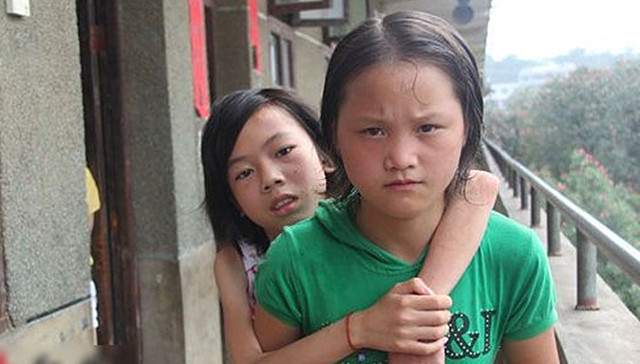story and illustration by KAM REDLAWSK
When a completely life-altering event happens, like a car accident that leaves you paraplegic or, in my case, an extremely rare muscle deterioration disease sets in at the age of 20, you might possibly think that, because you’re in a wheelchair or disabled, your life is over. Not true. While there are many things you may no longer be able to do, much of it is a matter of reinventing yourself.
Let me explain.
Growing up, I never saw “sexy” and “beautiful” figures offered to me in the form of a “disabled” person. This inevitably fed an initial perception of disabled persons being essentially “asexual.” Obviously, now that I am an adult with the intimate experience of being “disabled,” I know that such an idea is completely wrong.
And, yet, I have to say that, while perspectives are slowly changing, society still largely looks at disabled individuals as objects of care or somebody one is obligated to be nice to.
The disabled are often desexualized, ignored and babied, and if one happens to have a partner, then that person is deemed some kind of saint for even considering taking on the wounded—as if disabled individuals are incapable of inspiring romantic love or eroticism. A person’s physical dependence on others is automatically equated with emotional and intellectual dependence, and many can’t seem to fathom how one could even have the brain space to think about sex.
Well, I am here to say that yes, we do think about sex, and yes, we can have sex.
It’s a subject most of us love, but avoid talking about, especially when related to disability. Yet the often unspoken question in the minds of many spectators is, “How can a disabled person have sex?” I have had people ask me with furrowed brows, “How can you have sex if you can’t feel anything?” Such remarks provide insight into how some in the “able–bodied” world thinks, clumping all disabled persons together. But every disability experience has different dimensions and doesn’t necessarily void sensation, desire or ability.
When my body began to deteriorate, I think experiencing the juxtaposition of sex being once so much easier and free versus an added challenge only deepened the desire and appreciation. Which makes sense. When we have, we take for granted. When we don’t have, or what we have is slipping away, we appreciate more. It may sound strange, but post-disability is when I became more sexually confident. Call it getting older or a survival technique, but when you have nothing to lose, it is easier to liberate yourself from all the rules and expectations.
It’s worth remembering if you ever feel like you can’t understand the position of someone different from you, remember that we are not so far from each other. Everybody has the potential to become disabled unless death reaches him or her first. And, disabled people are still people: we have fantasies, expectations, desires and sexual frustrations, perhaps more than anyone.
Kam Redlawsk’s column runs in KoreAm. To read more from Kam, visit www.facebook.com/kamredlawsk or http://www.greengreengrass.typepad.com.





